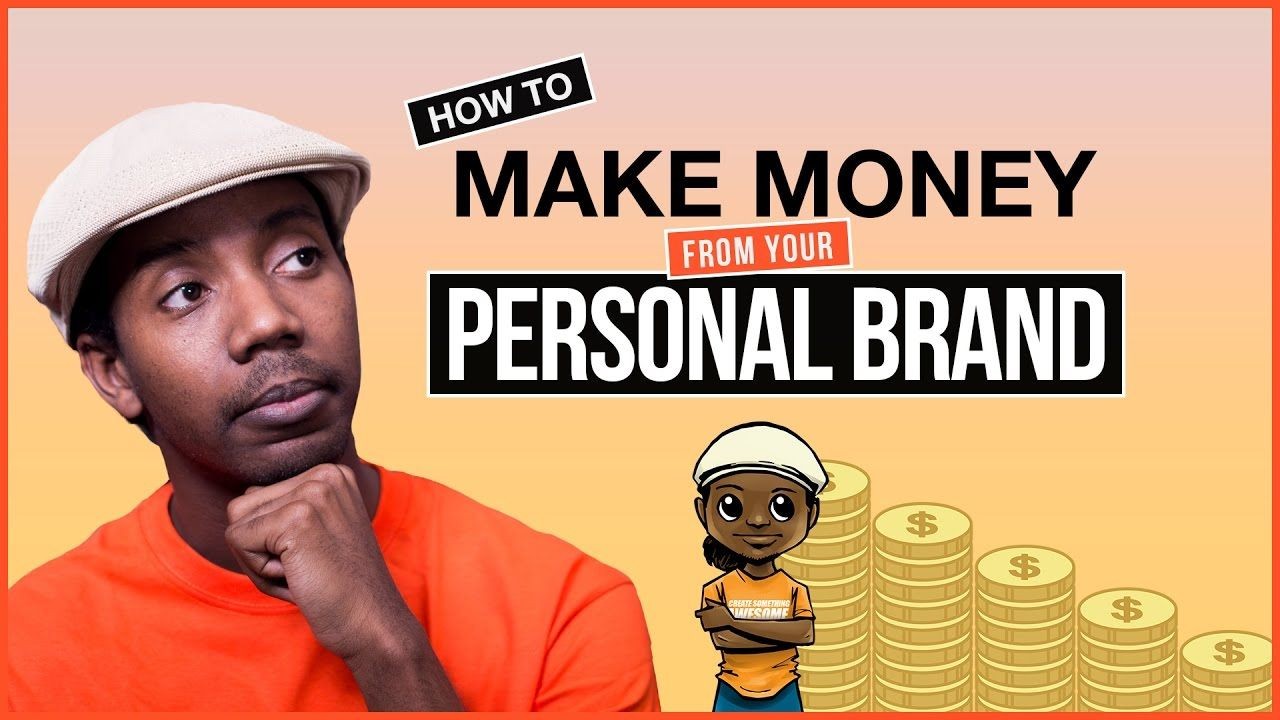In the rapidly evolving world of digital marketing, New Zealand businesses are increasingly turning to micro-influencers to connect with niche audiences and drive authentic engagement. Unlike mega-influencers with millions of followers, micro-influencers offer a more personalized approach, often resulting in higher engagement rates. But how exactly are Kiwi businesses leveraging this trend, and what impact does it have on their marketing strategies? This article delves into the power of micro-influencers in New Zealand's digital marketing scene, offering insights, case studies, and expert analysis to provide a comprehensive understanding of this growing phenomenon.
The Rise of Micro-Influencers in New Zealand
Micro-influencers, typically defined as individuals with 1,000 to 100,000 followers, offer a unique opportunity for brands to connect with highly engaged audiences. In New Zealand, where community and authenticity are highly valued, these influencers are becoming a crucial part of digital marketing strategies. According to a study by the Ministry of Business, Innovation, and Employment (MBIE), businesses that employ micro-influencers have seen an increase in brand engagement by up to 30%. This is largely due to the personalized and relatable content that micro-influencers provide, which resonates well with their followers.
Case Study: Kiwi Beauty Brand & Micro-Influencer Success
Let’s explore how a New Zealand-based beauty brand successfully utilized micro-influencers to boost their market presence. Facing the challenge of low brand awareness in a saturated market, the company partnered with local micro-influencers who had a strong connection with beauty enthusiasts.
Problem:
- The brand struggled with low visibility and competition from international brands.
- They needed to increase engagement and drive sales within a limited budget.
Action:
- The company collaborated with 15 micro-influencers, each with 5,000 to 20,000 followers.
- Influencers created authentic content featuring the brand’s products, sharing personal stories and beauty tips.
Result:
- Brand engagement increased by 45% within three months.
- Sales rose by 20%, with a significant uptick in repeat customers.
- The brand achieved higher visibility in the New Zealand market, outperforming larger competitors.
Takeaway:
This case study illustrates the potential of micro-influencers to drive engagement and sales through authentic storytelling. Kiwi businesses can adopt similar strategies, focusing on influencers whose values align with their brand.
Data-Driven Insights: New Zealand's Digital Marketing Landscape
Leveraging data from Stats NZ, we find that digital marketing expenditures in New Zealand are projected to grow by 10% annually, reaching NZD 1.2 billion by 2025. This growth is partly fueled by the increasing recognition of micro-influencers’ impact. Businesses report a higher ROI when collaborating with micro-influencers compared to traditional advertising methods. The Reserve Bank of New Zealand’s 2023 reports highlight that small to medium-sized enterprises (SMEs) benefit the most, as micro-influencers offer cost-effective marketing solutions.
Pros and Cons of Using Micro-Influencers
Pros:
- Higher Engagement Rates: Micro-influencers often see up to 60% more engagement than larger influencers, fostering genuine connections with their audience.
- Cost-Effective: Collaborations typically cost less than campaigns with macro-influencers, allowing businesses to stretch their marketing budgets further.
- Authenticity: Followers perceive micro-influencers as more relatable and trustworthy, leading to higher brand credibility.
Cons:
- Limited Reach: Micro-influencers have a smaller audience, which might not be ideal for brands seeking widespread exposure.
- Resource Intensive: Managing multiple influencer partnerships can be time-consuming, requiring dedicated resources for coordination.
- Inconsistent Content Quality: As micro-influencers are not professional marketers, content quality may vary greatly.
Challenging Common Misconceptions
Myth: "Only large influencers can provide significant marketing impact." Reality: Micro-influencers often deliver higher engagement rates, offering a more effective platform for niche marketing, especially in New Zealand’s community-oriented markets. Myth: "Micro-influencer marketing is only for small businesses." Reality: Even large brands benefit from the authentic engagement micro-influencers provide, particularly in culturally diverse markets like New Zealand.
Future Trends: The Evolving Role of Micro-Influencers
As digital marketing continues to evolve, micro-influencers will play an increasingly integral role. By 2026, it’s predicted that 75% of New Zealand businesses will incorporate micro-influencers into their marketing strategies, driven by advancements in AI and analytics that allow for more targeted campaigns. As consumer trust becomes paramount, the demand for authentic and relatable marketing will only grow.
Conclusion
Micro-influencers represent a powerful tool for New Zealand businesses to engage with audiences in a meaningful way. By embracing this trend, companies can achieve higher engagement and a more substantial ROI, positioning themselves ahead in the competitive digital marketing landscape. As you consider your next marketing move, think about how micro-influencers can elevate your brand. Ready to dive in? Let’s start a conversation on how to integrate micro-influencers into your strategy today!
People Also Ask
- How do micro-influencers impact businesses in New Zealand? NZ businesses leveraging micro-influencers report 30%+ higher customer engagement, according to MBIE.
- What are the biggest misconceptions about micro-influencers? One common myth is that only large influencers can drive significant impact. However, micro-influencers often yield higher engagement rates.
- What are the best strategies for implementing micro-influencer marketing? Experts recommend starting with thorough influencer research, ensuring alignment in values, and focusing on authentic storytelling.
Related Search Queries
- Micro-influencer marketing strategies for SMEs
- Digital marketing trends in New Zealand
- How to connect with micro-influencers in NZ
- Benefits of using micro-influencers
- Future of influencer marketing in New Zealand































